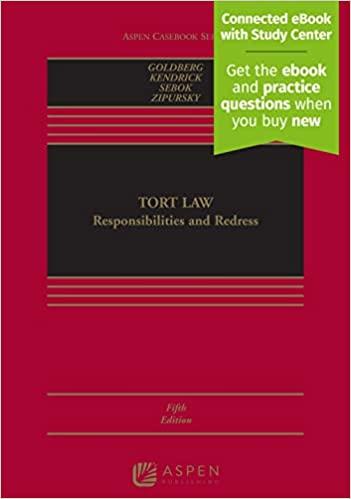A 19-year-old student, Sally, has been arrested by the police for possession of a small amount of marijuana while driving home from a college party . Assume that the police officer had probable cause to stop Sally for drunk driving. During the search of Sally's pockets incident to her arrest, the police find an unregistered handgun, a bag of prescription drugs issued to a woman named " Judy O'Heary, aged 74," and $5,000 in cash in her car. When the police confronts her with these items , she says , "I need those pills because of my back pain . And, I have no idea where that gun came from." The police officer then asks her why you need more than 350 tablets of painkillers, and she states, " You have no idea how bad my back hurts." Based on her statements about the pills, the police charge her with intent to sell and distribute prescription drugs. At trial, her attorney makes a motion to suppress the admission of the statements, arguing in relevant part that she made the statement without being given her Miranda rights. In response, the police argue that she made statements voluntarily and not under duress. How do you think that the judge will rule on this motion to suppress ? Does it matter that she was already under arrest at the time of her statements? At the time that Sally made the incriminating statements to police, she was under arrest, but not being interrogated. She was not removed from the scene, sequestered in an interrogation room or even placed in the back of a police vehicle. The search incident to arrest uncovered evidence of additional crimes for which Sally was not under arrest. After merely being confronted with those items, Sally made voluntary admissions without being questioned. These statement are not protected by her Fifth Amendment right against self-incriminatingnd the exclusionary rule does not apply. In Escobedo v. Illinois the court made a distinction between the focus of questions being investigatory and accusatory. In this case, there was no change in focus, there was no accusatory tone to the single question the officer asked Sally in response to her own voluntary statements. Additionally, the relevant statements made by the defendant occurred prior to the officer's question. I will concede that the statement "You have no idea how bad my back hurts" may be inadmissible as Sally was under arrest and any questions asked after the arrest, prior to the defendant receiving the Miranda warning, may be considered incriminating. However, her statements that she "...need (s] those pills because of [her ] back pain. And, [she] hals) no idea where that gun came from. ' were excited utterances after being show the evidence. Making this statement admissible







